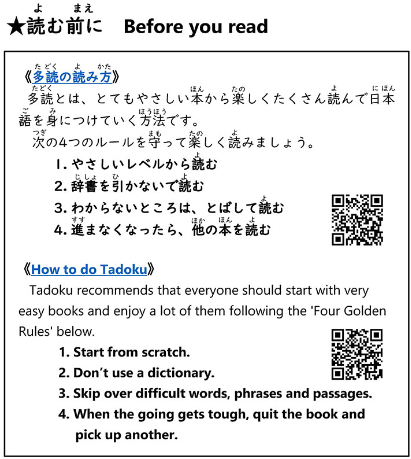I think the replies you’ve already got show you that people can have rather different approaches to looking things up or, more generally, checking what things mean. Some of us check most things or everything; others are comfortable with working out what they can and moving on.
Personally, I’m more this sort of person:
There are things I don’t bother looking up (stuff that seems obvious from context, or not very important), but I do check almost everything else.
I personally don’t really like the Tadoku approach because I find it unsatisfying and potentially inefficient – I commit to reading something because it catches my interest, and so I want to consume as much of it as I can. Therefore, I dislike the idea of refusing to use a dictionary, especially since it feels a lot like what we all did as children (and it sounds a lot like the Rosetta Stone method, which I once tried and found very slow). However, yes, I recognise that having to look up tons of words can be demotivating, or at the very least tiring. That’s why I work based on a sort of threshold: if looking up becomes too tiring, I decide that continuing my reading session isn’t worthwhile, and move on to something easier. I did, however, use something like Tadoku when I watched anime as a beginner: subtitles allowed me to understand whatever I needed, and I just listened out for words I knew and words that seemed interesting, and looked up just a few of them. I think the main benefit of this approach is that it’s more enjoyable and allows you to pick up words in a relaxed setting, but the rate at which you learn is reduced, and I really don’t think I would have been able to do it without subtitles.
Returning to your question, in my opinion, the most typical benefit of looking something up in a dictionary is that it gives you a better idea of what a word means overall – the set of definitions should point you towards a bigger overarching concept that the word represents. There’s also another huge advantage, but you’ll only get it from rather detailed dictionaries: the best dictionaries give you a good idea of how a word can be used by identifying typical structures and providing examples. The unfortunate fact is that you basically only really see this in commercial dictionaries (e.g. the Wisdom JP-EN Dictionary that comes with Apple devices), not the free ones you can get online, so you’ll often have to make do if you’re not planning to buy a dictionary. (By the way, monolingual dictionaries are typically the most detailed, and even the free ones do a great job of it, but you don’t have to jump into those if you’re not ready.)
My suggestion to you is to use https://ejje.weblio.jp as a supplement to Jisho.org so that you’ll get to see lots of translated example sentences. The examples aren’t all perfect, but at least they’ll give you a good idea of how the word you’re looking up is used in Japanese. Like Vanilla said, examples help, because they give you a concrete idea of how you can employ a word in a sentence to express yourself.
On the other hand, the advantage of asking a native speaker is that they’ll probably be able to summarise how a word works in an intuitive manner, which should also reflect how they use it. The risk though, is that the explanation might be lopsided (it might only work in the context being discussed, for example) or too vague: not all native speakers are equally good at explaining things, and the informal, intuitive understanding we each have of our own language sometimes (ironically) limits our ability to put its functioning into words.
To sum up, I prefer using a dictionary for greater detail, but if you just need to do a quick check in the moment and you’re comfortable with gradually picking up information about a word and evolving your understanding of it over time, continuing to ask your partner is fine. Honestly, these options shouldn’t be mutually exclusive – I definitely ask my Japanese friends for help once in a while – and can even be complementary, so I don’t see why you shouldn’t use both.
